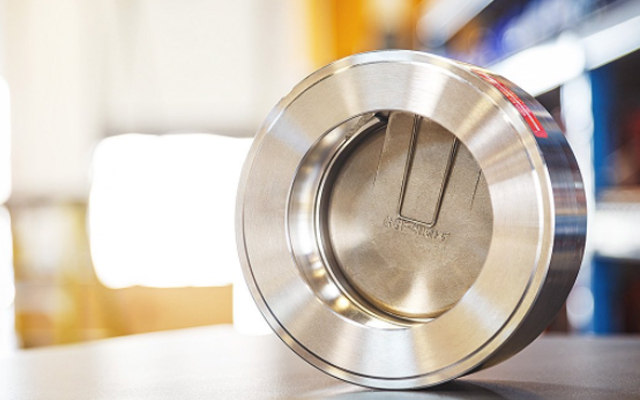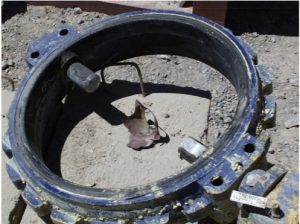Authors: Ross Waters, President of CGIS, and Malcolm Harrison, Fluid Equipment Consulting Inc.
This article is part of a 5-part series which discusses valves in severe abrasive service. In Part 1, we discussed the science behind valve design decisions, and below are the key considerations for valve design and manufacture.
To ensure reliable design and selection of valves for slurry service:
- Designs need to handle the deposition of fines and dewatered slurry throughout the non-flowing regions of the valve.
- Seats and seals should be made from materials that can withstand the nature of flowing slurry.
- Sealing seats should be capable of providing zero leakage under full design pressure and also with no pressure or low differential pressure.
- Valves should have ease of operation such that plant personnel can use safe methods for cycling.
- Internal components should be protected from the potential erosion of the slurry during normal operation and also during cycling of the valve.
- Actuators, both manual and automatic, should be sized generously to overcome high viscosity slurries and the potential for precipitation of solids (Normal safety factors may be increased by a factor of 1.5x – 3.0x depending upon fluid characteristics).
- Valve stems should be designed to accommodate very high torque (or thrust). MAST analysis with maximum actuator torque output is required.
- Design should account for reliability due to the need for continuous operation without the possibility of an unscheduled outage.
- Valves should be provided that become a valued asset of the plant, rather than a consumable.
READ PART 3: Options for Low Pressure Systems
 Download “Defining Severe Service Valves” which objectively defines what criteria designates a valve for ‘severe service’, thereby improving communication between users, specifiers, and suppliers.
Download “Defining Severe Service Valves” which objectively defines what criteria designates a valve for ‘severe service’, thereby improving communication between users, specifiers, and suppliers.
About the Authors
As the President of CGIS, Ross Waters has dedicated 35 years of his life to serving and improving the valve industry. Ross started CGIS, a valve distribution company, in 1980 in a small office in Vancouver, Canada. Thirty-five years later, the business has grown internationally and now serves clients and industries worldwide. Ross is the driving force behind increasing awareness of Severe Service Valves and is part of an MSS task forcewriting its definition. He has attended numerous conferences around the world presenting his paper, “Defining Severe Service Valves” and is well onto establishing himself as the leading expert in Severe Service. Ross is also an avid member of ASTM International G04 and has served as an expert witness.
Malcolm Harrison was born and educated in the UK and received a bachelor’s degree in mechanical engineering. After a successful career with major EPC’s working as a mechanical and piping design engineer, Malcolm relocated to the USA in 1980 to work for Bechtel in San Francisco. He eventually entered the world of valves sales in the early 1990’s. First with a specialist valve sales representative company and then as mining products industry manager with Houston-based, ValvTechnologies. In late 2014 he retired and started his own consulting company, Fluid Equipment Consulting. Malcolm now uses his vast experience to offer subject matter expert services related to all types of valve requirements.




